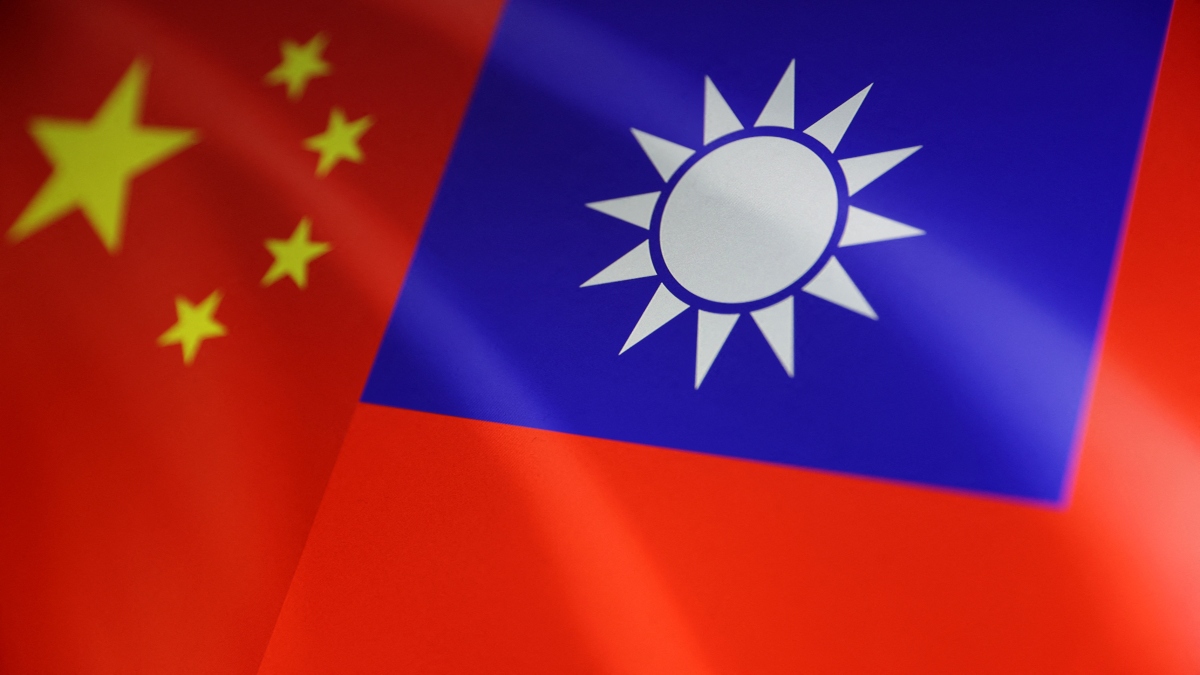Taiwan is stepping up efforts to loosen the economic embrace of its largest trading partner, and biggest geopolitical threat, China. But as Taipei’s ruling party pushes to rewire supply chains away from the mainland, the country’s decades-old commercial entanglement with Beijing may not be easy to unwind.
President Lai Ching-te’s administration has made it a strategic priority to reduce Taiwan’s dependence on China, especially in the semiconductor sector, which drives much of the island’s economy.
Lai has urged chipmakers to pivot away from buying from or selling to Chinese entities and instead align with a supply chain made up of democratic nations, according to a report by the New York Times .
The policy shift comes at a time of intensifying global chip rivalries and geopolitical flux. Taiwan’s new export controls, announced last month, now require companies to obtain licences before selling to two of China’s most prominent tech firms: telecoms giant Huawei and leading chipmaker SMIC. Both companies are central to China’s push for technological self-sufficiency.
While the move aligns Taipei more closely with Washington’s efforts to restrict China’s access to cutting-edge semiconductors, it also highlights Taiwan’s precarious position between the two superpowers.
Impact Shorts
More ShortsPresident Donald Trump is reportedly considering new tariffs on Taiwan and dozens of other US trading partners, adding another layer of uncertainty to Taipei’s economic calculus.
A costly decoupling
Taiwan has long thrived on trade and investment with China. Its most valuable companies– including chip foundry giant TSMC and electronics manufacturer Foxconn– have relied on Chinese factories and customers for growth. These ties, forged during China’s rapid industrial ascent, were once viewed in Taiwan as a buffer against conflict.
Foxconn, a key supplier to Apple and Nvidia, has built an extensive manufacturing base in central China, benefiting from favourable infrastructure and local policy support. Quanta Computer, led by Taiwan’s richest man Barry Lam, built its laptop business in China. And the food and beverage conglomerate Want Want derives the bulk of its sales from Chinese consumers.
“Even if that means paying a short-term economic cost,” said Kharis Templeman, a research fellow at the Hoover Institution, Taiwan’s ruling party wants to prove to Washington that it is a reliable partner. That signal, Templeman said, is crucial to shoring up the island’s security posture in the face of Beijing’s aggression.
Still, breaking away from China’s gravitational economic pull will not be easy. China remains the largest buyer of Taiwanese exports, especially semiconductors, and still serves as a core part of the production base for many Taiwanese companies.
A shift already underway
Even before the latest restrictions, signs of economic reorientation were emerging. In 2010, more than 80 per cent of Taiwan’s foreign investment went to China. By last year, that figure had dropped to just over 7 per cent. The trend was fuelled first by domestic backlash against growing economic dependence on China, and then by the Covid-19 pandemic and mounting geopolitical risks.
In 2014, a proposed trade pact with China triggered mass protests in Taiwan and was ultimately shelved. Since then, the island’s political landscape has become more cautious toward integration with the mainland.
Taiwan has also doubled down on its strategic alliance with the United States. TSMC announced plans to invest more than $165 billion in US manufacturing, a bid to shore up both supply chain resilience and political goodwill. Taipei has committed to increasing its military spending, albeit modestly, in response to Trump’s demand that it shoulder more of the defence burden.
Yet the tech sector remains a flashpoint. Despite US export controls, a TSMC-manufactured chip was found last year in a Huawei device, angering Washington officials. Taiwan’s latest export curbs are widely seen as a move to plug such loopholes and demonstrate policy alignment with the US.
The economic divide between China and Taiwan may be growing, but the ties that bind remain deep. For Taipei, charting a course toward economic security without severing its commercial lifeline to China may prove to be one of its most difficult tasks.
)